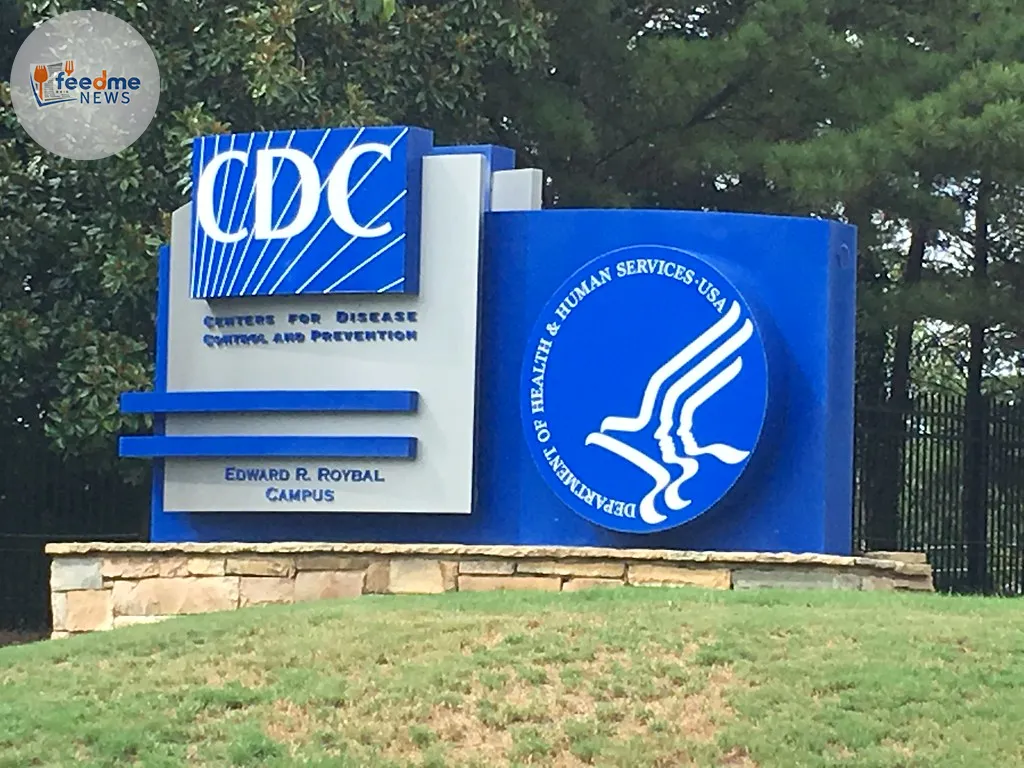The recent departure of Susan Monarez as director of the US Centers for Disease Control and Prevention (CDC) has sent shockwaves through the public health sector. Monarez, who had been at the helm for less than a month, reportedly left due to pressure to approve directives she deemed “unscientific and reckless,” according to her legal team. The controversy surrounding her exit has led to further resignations within the agency, including three senior officials, raising concerns about the future direction of the CDC.
Monarez’s removal comes at a critical time for the CDC, which has been grappling with public trust and policy challenges post-pandemic. Her attorneys claim that she was targeted for her insistence on scientific integrity, refusing to comply with orders that she believed lacked empirical support. The CDC has yet to provide a detailed explanation for her departure, adding to the speculation and uncertainty within the agency.

A Tumultuous Tenure
Susan Monarez’s time as CDC director was brief but marked by significant challenges. Appointed in July 2025, she was tasked with steering the agency through a period of rebuilding and restoring credibility after the COVID-19 pandemic. Her leadership style was characterised by a commitment to transparency and evidence-based decision-making, which garnered both support and criticism.
Monarez’s departure was announced on 27 August 2025, just weeks into her tenure. Her legal representatives have stated that she faced immense pressure to endorse policies that she felt compromised the agency’s scientific standards. This stance, they argue, ultimately led to her removal. The specifics of these directives remain undisclosed, but the implications of such claims have sparked a debate about the integrity and autonomy of public health leadership.
Resignations Ripple Through the CDC
Following Monarez’s exit, the CDC experienced a wave of resignations from senior officials, further destabilising the agency. Three high-ranking members of her team resigned in solidarity, citing similar concerns about the direction of the agency’s policies. These resignations have compounded the challenges for the CDC, which now faces the task of filling key positions while maintaining its operational stability.
The resignations have raised alarm among public health experts and policymakers, who fear that the turmoil could hinder the agency’s ability to respond to ongoing health threats. With critical positions vacant, the CDC’s capacity to execute its mandate effectively is under scrutiny. The situation underscores the need for strong leadership and a clear vision to navigate the complexities of modern public health.
Expert Opinions Highlight Concerns
Public health experts have expressed concern over the recent developments at the CDC. Dr. Emily Carter, a professor of epidemiology, noted that the agency’s leadership crisis could have far-reaching implications. “The CDC plays a vital role in safeguarding public health. Any disruption in its leadership can affect its ability to function effectively, especially in times of crisis,” she said.
Experts also emphasise the importance of maintaining scientific integrity in public health decision-making. Dr. John Hayes, a former CDC official, stressed that the agency must remain free from political interference to uphold its mission. “The CDC’s credibility hinges on its commitment to science. It’s crucial that its leaders have the autonomy to make decisions based on evidence, not external pressures,” he stated.
The Path Forward for the CDC
The departure of Susan Monarez and the subsequent resignations present a significant challenge for the CDC. The agency must now focus on stabilising its leadership and addressing the concerns raised by these events. Finding a new director who can restore confidence and steer the agency through this turbulent period is paramount.
Looking ahead, the CDC will need to prioritise rebuilding trust with the public and its stakeholders. This involves not only appointing competent leaders but also fostering a culture of transparency and accountability. The agency must demonstrate its commitment to science-based policies and ensure that its decisions are guided by the best available evidence.
As the CDC navigates these challenges, the broader public health community will be watching closely. The agency’s ability to emerge from this crisis stronger and more resilient will be critical to its future success and its role in protecting public health.
In summary, the sudden departure of Susan Monarez as CDC director has highlighted the complexities of leading a major public health institution. The ensuing resignations and the concerns raised by experts underscore the need for strong, independent leadership that prioritises scientific integrity. As the CDC charts its path forward, its actions will be pivotal in shaping the future of public health in the United States.






